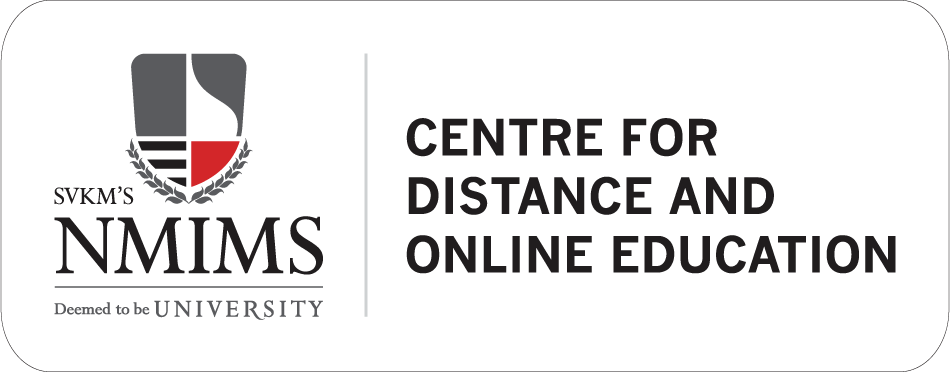Blogs



Human Resource Management
Executive MBA
MBA
Career Development
Financial Management
Marketing
Digital Marketing
Operations & Supply Chain
Business Management
News & Announcements
Data Science
Banking & Finance
Human Resource Management

Sign up for our newsletters
All Recommended Reads
Marketing

Professional Skills Required to become a Successful Sales Manager
Read the blogBusiness Management

Professional Skills Required to Become an Organisational Development Manager
Read the blogFinancial Management

Top 10 Things Every Insurance Manager Must Know
Read the blogOperations & Supply Chain

5 Professional Skills Required to Become a Logistics Manager
Read the blogOperations & Supply Chain

Professional Skills Required in Different Stages of Career for Operations Manager
Read the blog
Upskill. Upgrade. Uninterrupted.
Programs
Disclaimer: The names, logos and brands mentioned on the website are used for representation purpose only and are owned by the respective companies.
© 2025 NMIMS. All Rights Reserved.
Disclaimer: The names, logos and brands mentioned on the website are used for representation purpose only and are owned by the respective companies.
© 2025 NMIMS. All Rights Reserved.| Kwebmaker™







